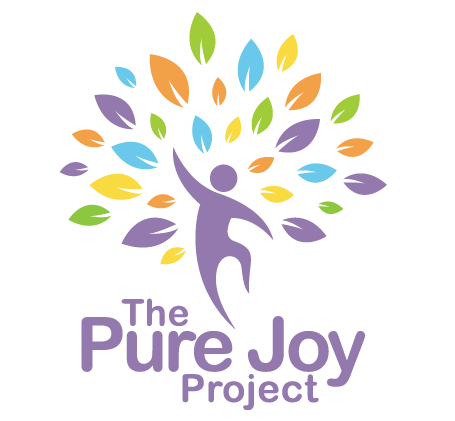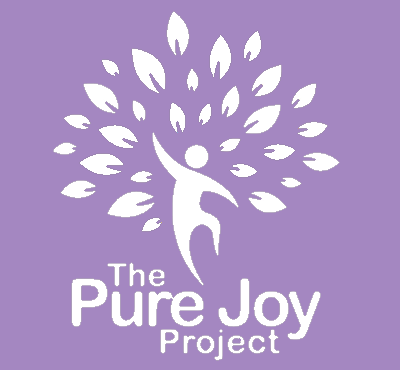Nutrition 101: Iron
Iron and your body
Iron is classified as a trace mineral but it plays a very important role in maintaining our health. Primarily found in the haem proteins of our red blood cells (erythrocytes) and muscle cells (myocytes) iron plays a key role in transporting oxygen to cells and organs. It is essential for the production of neurotransmitters associated with mental health including dopamine, norepinephrine and serotonin. Iron is also required for energy production as a co-factor in a number of enzymatic reactions in the Krebs cycle.
How much do you need?
The amount of iron your body needs depends on a number of factors including age, gender, pregnancy, high performance athletic training and some metabolic disorders. The recommended daily intake for an average adult is:
- Men 8mg per day.
- Women (19-50 years) 18mg per day.
- Women (50+ years) 8mg per day.
Signs you may not be getting enough
Iron deficiency can occur if your daily intake requirements are not being met through your diet. Additional causes include chronic blood loss, vigorous exercise, pregnancy, heavy menstruation, and poor absorption. If your iron stores get too low physiological processes that rely on iron become dysfunctional leading to a range of symptoms.
- Dizziness
- Heart palpitations
- Unexplained fatigue and shortness of breath.
- Pallor of the skin, nail beds, and the inside of your lower eyelids.
- Thin brittle nails that become spoon shaped.
- Difficulty swallowing (oesophageal webs).
- Inflammation and cracks in the corner of your mouth.
Typically a blood test performed by your GP can verify if you are iron deficient, and in most cases a deficiency can be rectified through dietary changes and / or short term iron supplementation.
Iron rich foods to include in your diet
  |
  |
  |
| Turmeric 42mg Iron per 100g serve. | Psyllium 24mg Iron per 100g serve. | Ginger 20mg Iron per 100g serve. |
  |
  |
  |
| Pepitas 10mg Iron per 100g serve. | Chicken Liver 9.8mg Iron per 100g serve. | Parsley 9.4mg Iron per 100g serve. |
  |
  |
  |
| Red Lentils 9mg Iron per 100g serve. | Sardines 6.1mg Iron per 100g serve. | Mutton 5.7mg Iron per 100g serve. |
If you suspect you have an iron deficiency
If you are experiencing symptoms associated with iron deficiency it is important to see a qualified health professional. Typically a blood test performed by your GP can verify if you are iron deficient. It is also important to check if you have an underlying condition such as low ferritin or absorption issues that has led to the deficiency.
In most cases iron deficiency can be rectified through dietary interventions and / or short term iron supplementation.
Looking for personalised health and nutrition? Our Naturopath Carly can help! Visit our booking page to make an appointment or call our clinic.


